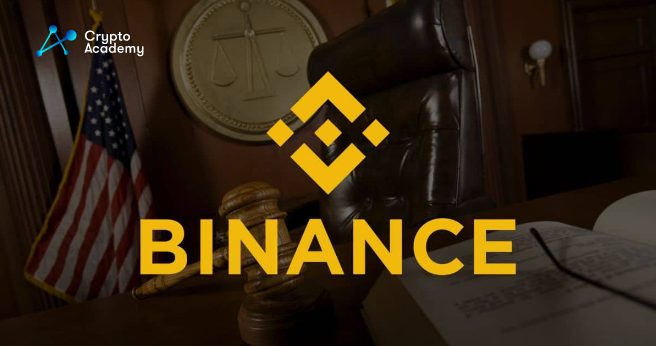Court Dismisses $8M Pig Butchering Lawsuit Against Binance

The United States District Court for the Eastern District of Texas has granted a motion to dismiss a lawsuit accusing Binance, one of the world’s largest cryptocurrency exchanges, of being involved in an $8 million pig butchering scam. The court ruled in favor of Binance, citing lack of personal jurisdiction and failure to state a claim. Here are the key details surrounding the case:
The lawsuit revolved around a pig butchering scam, a fraudulent scheme where criminals establish digital romantic relationships with victims to gain their trust and convince them to invest financially. Divya Gadasalli, a Texas woman, fell victim to the scam after being promised both love and financial prosperity by a scammer named Jerry Bulasa, whom she met on the popular dating site Tinder. Bulasa claimed to be a successful crypto investor and persuaded Gadasalli to invest over $8 million within a year.
Gadasalli filed a lawsuit in March 2022 against Bulasa and his accomplices, including Binance and crypto exchange Poloniex. She alleged that Binance played a role in the scam by providing exchange services to the scammer. Gadasalli argued that Binance and its American subsidiary, Binance.US, were essentially the same entity, as customers used virtual private networks (VPNs) to access the services. However, the court found that Gadasalli failed to produce concrete evidence of Binance’s involvement in the fraud.
The Court’s Ruling
Binance filed a motion to dismiss the charges in June 2022, asserting lack of personal jurisdiction and failure to state a claim. Gadasalli opposed the motion, but Judge Amos Mazzant ultimately ruled in favor of Binance. The judge stated that Gadasalli could not substantiate Binance’s connection to the scam and highlighted that Binance and its American subsidiary were banned from operating in Texas. Consequently, the court granted Binance’s motion to dismiss the case.
The dismissal of the lawsuit against Binance serves as a reminder of the challenges faced when pursuing legal action in cryptocurrency-related cases. Jurisdictional issues and the need to provide substantial evidence can present significant hurdles in these complex situations. In this instance, the court’s decision emphasizes the importance of thoroughly investigating and gathering compelling evidence before filing a lawsuit.
Furthermore, the ruling sheds light on the responsibility of individuals to exercise caution and due diligence when engaging in online relationships and financial transactions, particularly in the realm of cryptocurrencies. It serves as a cautionary tale, highlighting the risks associated with trusting unknown individuals, even if they claim to be successful investors.

Comments are closed.